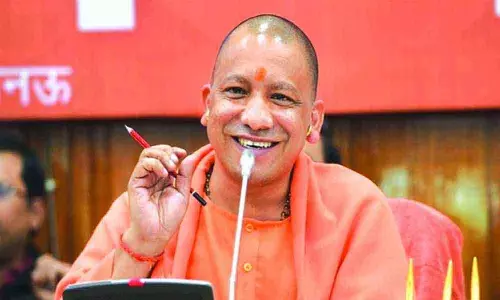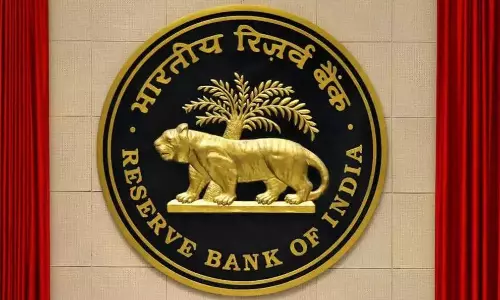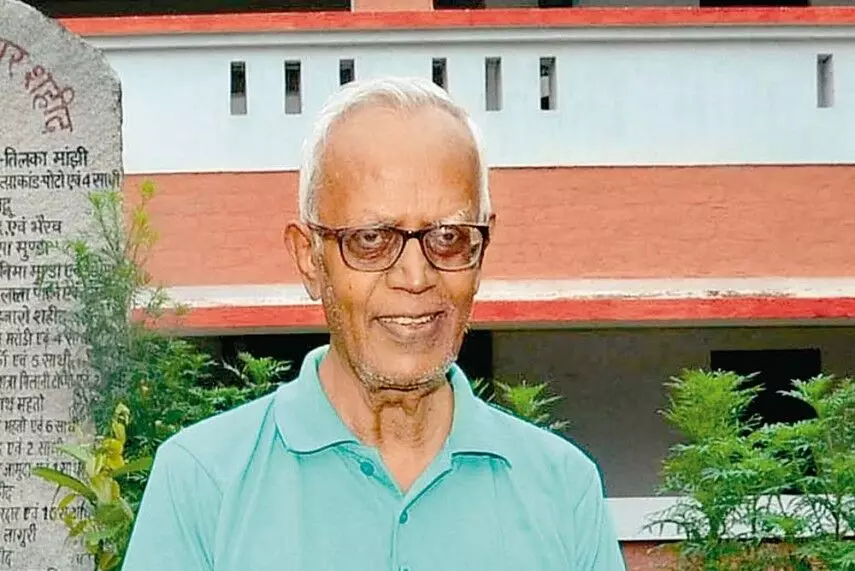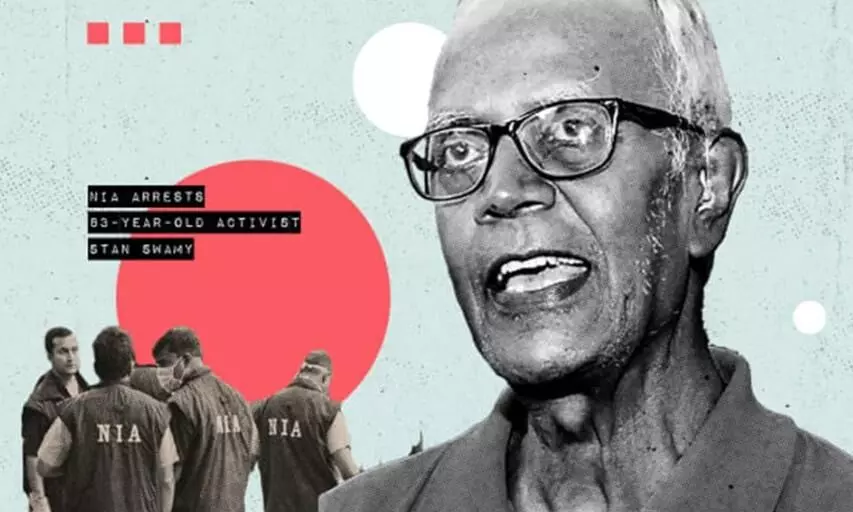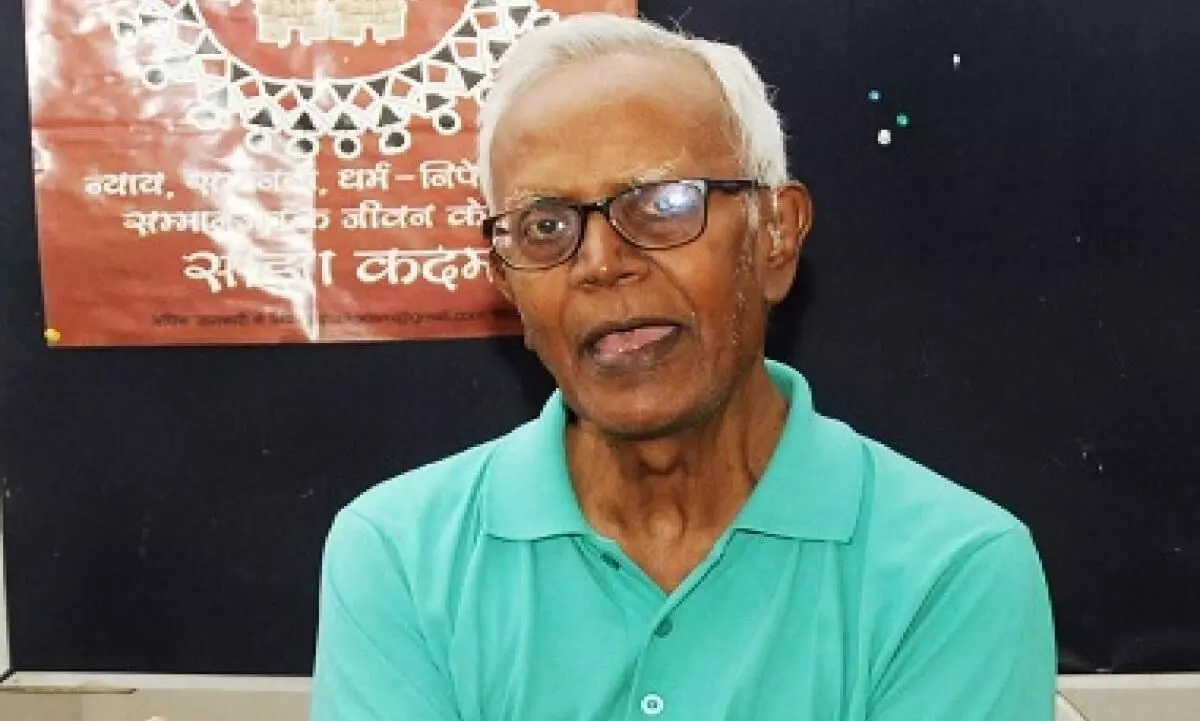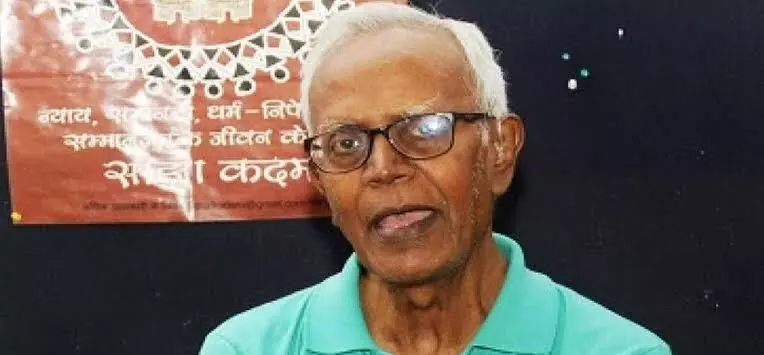
When compassion gets crucified
text_fields"The main issue is that eight months ago I could take a bath by myself; I could take a walk; I could do some writing by myself. But all of these are disappearing one after another. So, Taloja jail brought me to a situation where I can neither write nor go for a walk by myself. I can't eat. Somebody has to feed me through a spoon. …… It will not improve, it will keep going. I would rather die here very shortly if things go on as it is", so said Fr Stan Swamy who died in the hospital Monday afternoon. His plea was that if he was not granted bail, he should not be taken to hospital, but be allowed to die in jail. That was how an 84-year old man with deteriorating vision, with severe hearing impairment and shivering hands suffering from Parkinson's disease, appealed before the judiciary of a democratic country. The octogenarian Jesuit priest had only one request: an interim bail, to be with his dear ones for a short while when death was knocking on his door, to spend some time with them who had served him all these years. It took still longer for the judiciary to open its eyes – a month and a half. But on Monday before his bail petition was taken up at 2.30 pm, Stan Swamy breathed his last. In response to the call from Dr D'Souza of Mumbai Holy Family Hospital, the court formally recorded its condolence, "With all humility at our command, we are sorry to hear this. This is shocking news." The court also mentioned its having ordered his shifting to a hospital of his choice. The Bombay High Court could take such a slender consolation to that extent. But the citizenry, who repose faith in a democratic country and its systems, can hardly do that. It is a deep concern emerging from sorrow about how a country could mete out such a treatment to a veteran priest who had dedicated his life to the service of society.
What was Stan Swamy's guilt? The justification put forward by the National Investigation Agency (NIA) for his arrest and detention under UAPA was that he had conspired to overthrow the Modi government through armed action and to endanger the prime minister's life. And its proof? He was the mastermind of the bicentennial celebration of the Bhima-Koregaon war on December 31, 2017, in Shaniwar Wada Fort in Pune, Maharashtra. The Elgar Parishad under the joint auspices of about 250 leftist and Ambedkarist voluntary organizations was celebrating the 200th anniversary of the victory of Dalit forces belonging to the native Mahar tribes in the war against the high caste Peshwas on 1st January 1818. The Sangh Parivar, unsettled by the programme which upheld Dalit and backward class empowerment, pushed matters to clashes. But the case veered round and ended up against those who organised the celebration of the Dalit battle. The government's witch-hunting operation that started with the allegation of Maoists being behind the incident, culminated in the arrest and incarceration of 15 activists. The first five arrests made by Pune police on June 6th, 2018 were with the 'discovery' that they had plotted to cause public disorder in the country and assassinate Narendra Modi in the manner of Rajeev Gandhi's assassination. With the change of government following elections in Maharashtra, the ruling alliance leader Sharad Pawar wrote a letter to Chief Minister Uddhav Thackeray seeking reconsideration of the case. But the very next day, Pune police referred the case to NIA. And that took the case in a new direction.
Now that they were branded terrorists who had declared war against the country, they were classified as no more entitled to even human rights. The discovery by experts that the conspiracy charge against the accused was founded on evidence concocted through cyber manipulation, failed to cut much ice with the special NIA court. The sick among the arrested were denied the required care or treatment. Stan Swamy himself, who could not hold a glass steady because of his Parkinson's disease, had to wait for over a month of court procedure to get back a straw that he had used to drink fluids. His lawyers tried to argue that Swamy was not in a position to sign his own vakalatnama (paper authorising a lawyer) and that under-trial detainees could be released on bail on humanitarian grounds. They quoted the recommendations of the Supreme Court-appointed high-level committee for reducing the crowding in prisons during the Covid period. But the NIA objected to the granting of bail by the special NIA court, contending that the accused were using the pandemic as a ploy and that the collective interest of the society was more important than the individual freedom of Stan Swamy who had tried to sabotage democracy. Even the permission for Swamy to get treatment in a hospital was granted only after he approached Bombay High Court last May.
The only fault of Stan Swamy was that when the native tribals of mineral-rich Jharkhand were evicted from mining areas to help monopolies, he made them aware of their rights and ready for protests. When he made the story of 3,000 tribals who were illegally put in prison the theme of a book in 2010, he was branded 'urban Naxal'. But as a man who had embraced liberation theology, it is doubtful if he received even the support of the church. However, when the ruling establishment labelled him a terrorist, the church did not abandon him. But, when the Christian church leaders met the prime minister and brought up the grievances of the community, they were silent on the plight of Stan Swamy, toeing the regime version in the matter. Stan Swamy, who had set out in the cause of the hapless victims of state terrorism and exploitation and was crucified on that count, has won the battle. And those who sent him to the cross without an iota of human touch have totally been defeated.




